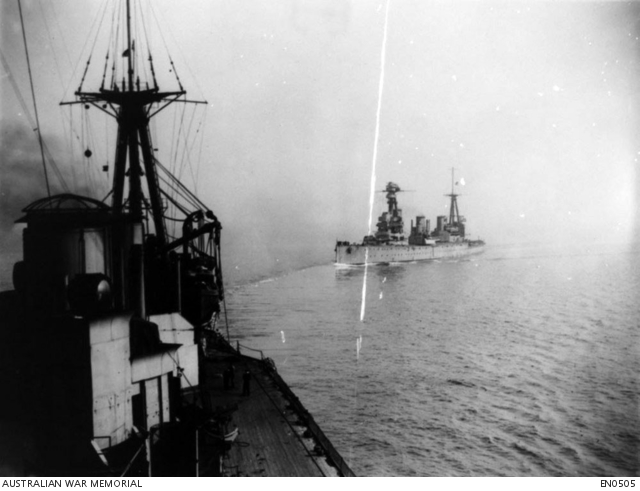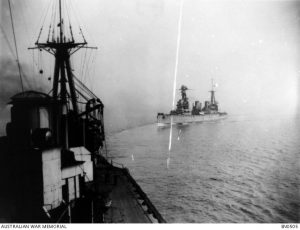- Basil Nicholls of Millthorpe becomes the first person from the Central West to die in France. He was one of 50 men wounded on 20 April when German shells hit the farmhouse where his unit was billeted at Rouge de Bois. 25 men were killed in the attack
- Sister ships HMAS Australia and HMS New Zealand are on patrol near Horn Reefs in the North Sea when they are enveloped by heavy fog. The ships, which had been zigzagging each other to elude submarines, collide. The collision puts Australia out of action until 9 June, causing her to miss the Battle of Jutland, the largest naval battle of the war.
- A third British attack is repulsed at Sannaiyat on the banks of the Tigris River in Mesopotamia. Hopes of relieving the besieged garrison at Kut-al-Amara are dashed.
- German Military Governor of Lille, General von Graevenitz, issues the following proclamation announcing the deportation of civilians from the city to assist with food production in the countryside:
The attitude of England makes the provisioning of the population more and more difficult. In order to relieve the distress, the German Government has recently asked for volunteers to go to work in the country. This offer has not had the success anticipated.
Consequently, the inhabitants will be evacuated by order and removed to the country. The evacuated persons will be sent to the interior of the occupied French territory, far behind the front, where they will be employed in agriculture, and in no way on military works.
This measure will give them the opportunity of making better provision for their subsistence. In case of necessity, it will be possible to obtain provisions from the German depots.
Each evacuated person will be allowed 30 kilograms of luggage (household utensils, clothes, etc.), which it would be well to prepare immediately.
I therefore order as follows: Pending further orders, no person shall change his residence. No person may be absent from his declared legal residence between the hours of 9 p.m. and 6 a.m. (German time) unless he is in possession of a permit.
Since this measure cannot be recalled, it is in the interest of the population itself to remain calm and obedient.
The Forgotten Victims of the North: French Civilians under German Occupation during World War I


